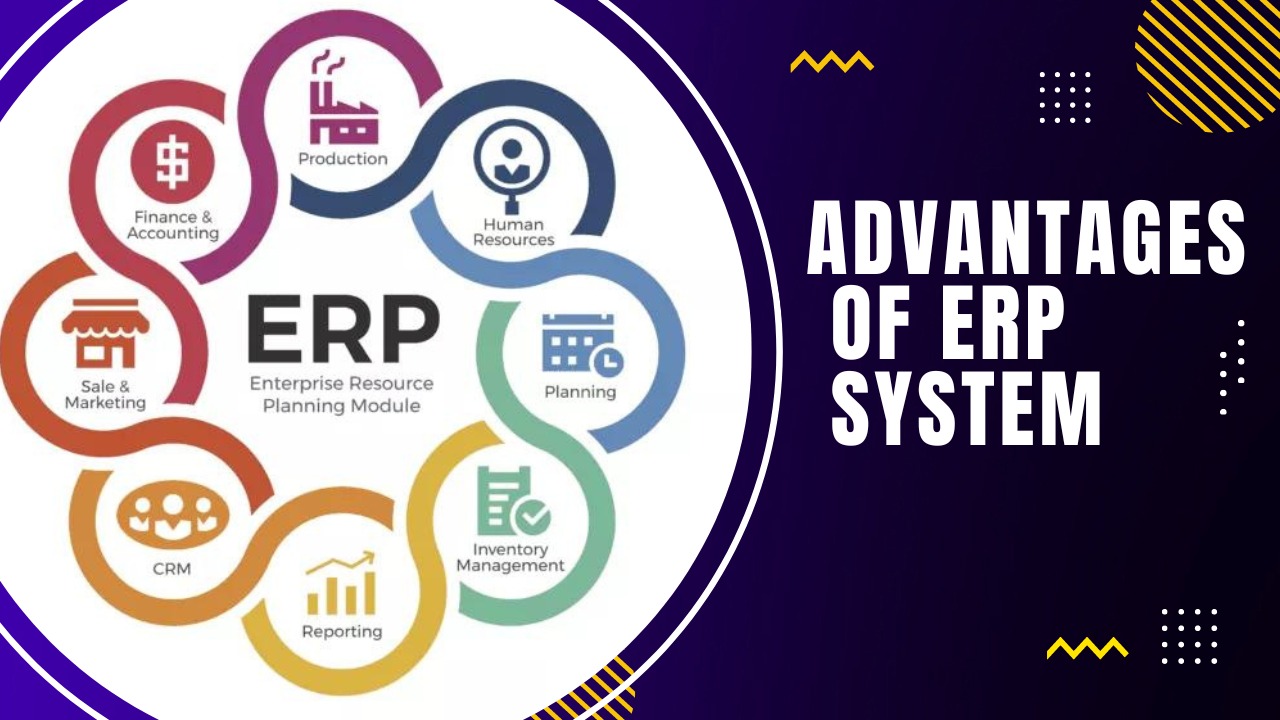Multi-Techno Integrated Solution
Table of Contents
ToggleAdvantages of ERP System
The Advantages of ERP System It’s hard to tell which innovation your organization ought to and shouldn’t put resources into. From one viewpoint, you need to be responsible for your organization’s development and development. You likewise don’t have any desire to be the person who eliminates a task that doesn’t work out. Is it subsequently beneficial to put resources into ERP programming? To find out, you’ll have to investigate the benefits and cons of ERP frameworks, explicitly the way in which they stack facing one another.
Whether your organization is huge or small, there are various advantages of ERP System to consider. ERP(Enterprise Resource Planning) refers meaning business process management, and it is a software suite that allows firms to combine and manage their most crucial activities. While ERP has many benefits, it is not without flaws.
What are ERP technologies how do they collaborate?
ERP software, in its most basic form, is a tool that centralizes a company’s data, automates common operations, and streamlines business processes. The ultimate purpose of adopting this application is to improve operations and free up time for employees to focus on more instinctive activities. These goals can help the organization boost revenue margins and efficiencies while also increasing communication. ERP software is unusual in that it affects many, if not all, elements of an organization. It’s a complete solution that includes the following features:
- Accounting
- Management of Customer Relationships (CRM)
- Manufacturing
- Management of Inventory
- Human Resources Reporting and Analytics
Software Selection Myths
1. The Most Important Consideration Should be Cost of Advantages of ERP System
The greatest ERP system is one that satisfies your current and future requirements – even if it isn’t the cheapest option. Overall entire cost generated through using ERP over the period would establish company financial return (ROI).
2. The IT department should be in charge of the entire selection process.
In addition to your IT department, your ERP Selection Team should include stakeholders from your core business activities. Their interests and requirements should be prioritized, as their ability to use the system will determine whether it is a success or a failure.
3. Consultants should be in charge of the entire selection process.
Internal teams that work with your existing systems on a regular basis aren’t replaced by consultants. A consultant will most likely know more about the product and even your industry. Nonetheless, your workers play a crucial part in ensuring a successful ERP selection process by applying their understanding of your organization.
4. The higher the level of functionality, the better.
Most company can increase their performance by significantly simplifying existing procedures. The bottom line is to not be seduced by software with limitless possibilities. Rather, focusing just on technology that better matches every one of the firm’s particular criteria.
5. When you contact a vendor, the research phase concludes
On paper, your ERP software selection may appear to be a perfect match, but will it suit your demands in the real world? Before signing any long-term contract, it’s usually a good idea to receive live demonstrations of your important procedures or a software trial. Unfortunately, ERP Implementation failures and consumer remorse are all too common.
Best cloud ERP software solution

About Us
ERP software and systems are designed and implemented by Multi-Techno, a registered company. By combining data from financials, sales, CRM, inventories, and operations, businesses can increase productivity, make better decisions, and increase profitability with the aid of our ERP System, a single, integrated software platform.
Quick Links
Contact Us
Office # 100, 101 Second Floor Kohinoor 1, Faisalabad, Pakistan

